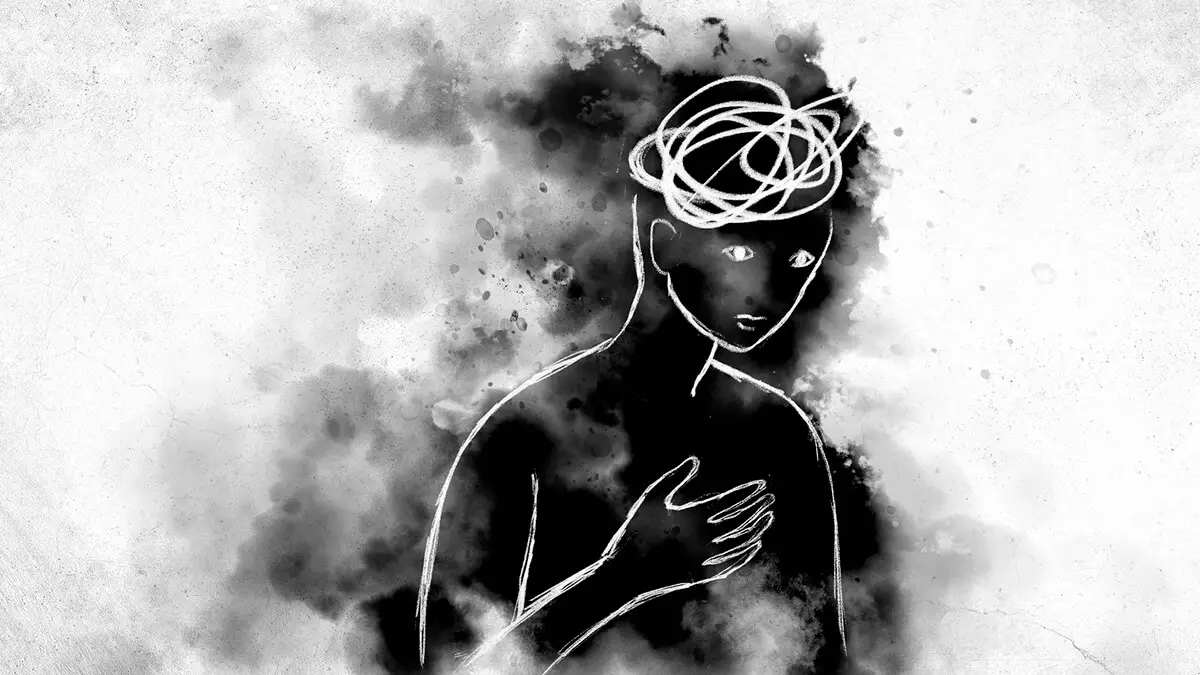Step right up, ladies and gentlemen, for a mental journey that’s not for the faint of heart! Today, we’re delving into the intricate terrain of Post-Traumatic Stress Disorder (PTSD). Brace yourselves for a rollercoaster ride of riveting facts that will have your synapses firing and your empathy soaring. Get ready to unravel 20 eye-opening PTSD facts that will make you say, “Well, I never knew that!” So, hold tight, keep an open mind, and let’s navigate this emotional labyrinth with wit, wisdom, and a dash of dark humor. Strap in, my intrepid readers, as we embark on this thought-provoking expedition through the depths of PTSD!
1-20 Facts About PTSD

- A study found that adults who were in foster care for one year between the ages of 14-18 had a higher rate of PTSD than combat veterans.
- Psilocybin, the chemical compound found in psychedelic mushrooms, has shown potential in growing new brain cells and has been explored as a potential treatment for conditions such as PTSD and depression. Research in this area is still ongoing, and more evidence is needed to fully understand its effectiveness and safety.
- Dogs can indeed suffer from PTSD, and it is estimated that around 5% of military service dogs may experience this condition. Just like humans, traumatic events can have a lasting impact on the mental well-being of dogs.
- Virtual reality therapy has been recognized as an effective treatment for PTSD. It involves carefully exposing patients to simulated traumatic events in a controlled environment, allowing them to process and gradually overcome their fears and anxieties.
- The film Saving Private Ryan, known for its realistic portrayal of war, had such an intense impact on some veterans that they left the theaters during the opening scene. The film’s portrayal of war and its aftermath resonated deeply with many veterans, leading to an increase in visits to PTSD counselors and the establishment of a nationwide hotline for affected veterans.
- Shocking revelation: The US government forcibly lobotomized over 2,000 veterans after WWII for conditions like PTSD and even homosexuality.
- A housing experiment that moved families from poor neighborhoods to wealthier ones found that boys experienced rates of PTSD comparable to combat soldiers. On the other hand, girls in the same experiment showed improved psychological well-being.
- The Pets for Vets program in the United States pairs shelter dogs with returned veterans as a way to provide companionship and support. This program aims to help reduce symptoms of PTSD, depression, and anxiety in veterans by connecting them with trained and loving animal companions.
- Hidden suffering: Complex PTSD can result from long-term abuse, leaving victims feeling trapped and without escape.
- Historical ignorance: General Patton dismissed PTSD, they associated it with cowardice and resorted to slapping shell-shocked soldiers.
- Game changer: Playing Tetris after trauma may reduce future PTSD symptoms, according to studies.
- Caregivers’ burden: Caring for someone with a chronic illness can lead to PTSD-like symptoms.
- Brain’s struggle: PTSD can occur when the brain shuts down certain functions during trauma, causing lasting effects.
- Did you know that soldiers in World War I were sometimes shot for showing signs of fear? It turns out many of them were experiencing what we now know as PTSD.
- The Israeli Defense Force has a remarkably low 1% PTSD rate. Experts credit this to the collective involvement of the population in the war effort.
- While symptoms of distress are common after heart attacks, they’re not classified as PTSD. PTSD specifically relates to traumatic events.
- Elephant empathy: Like humans, emotionally intelligent elephants can suffer from PTSD due to traumatic experiences.
- About 7-8 out of every 100 people will experience PTSD in their lives. It varies based on exposure, resilience, and support.
- Women are more likely to experience PTSD, with around 10 out of 100 women affected compared to 4 out of 100 men.
- Face-to-face support and engaging in pleasurable activities can be helpful for those with PTSD, according to trauma experts. Hobbies, exercise, and social interactions can make a difference.
That’s it for this post guys, I hope you had fun while reading 20 PTSD facts and Myths.
Read More:


